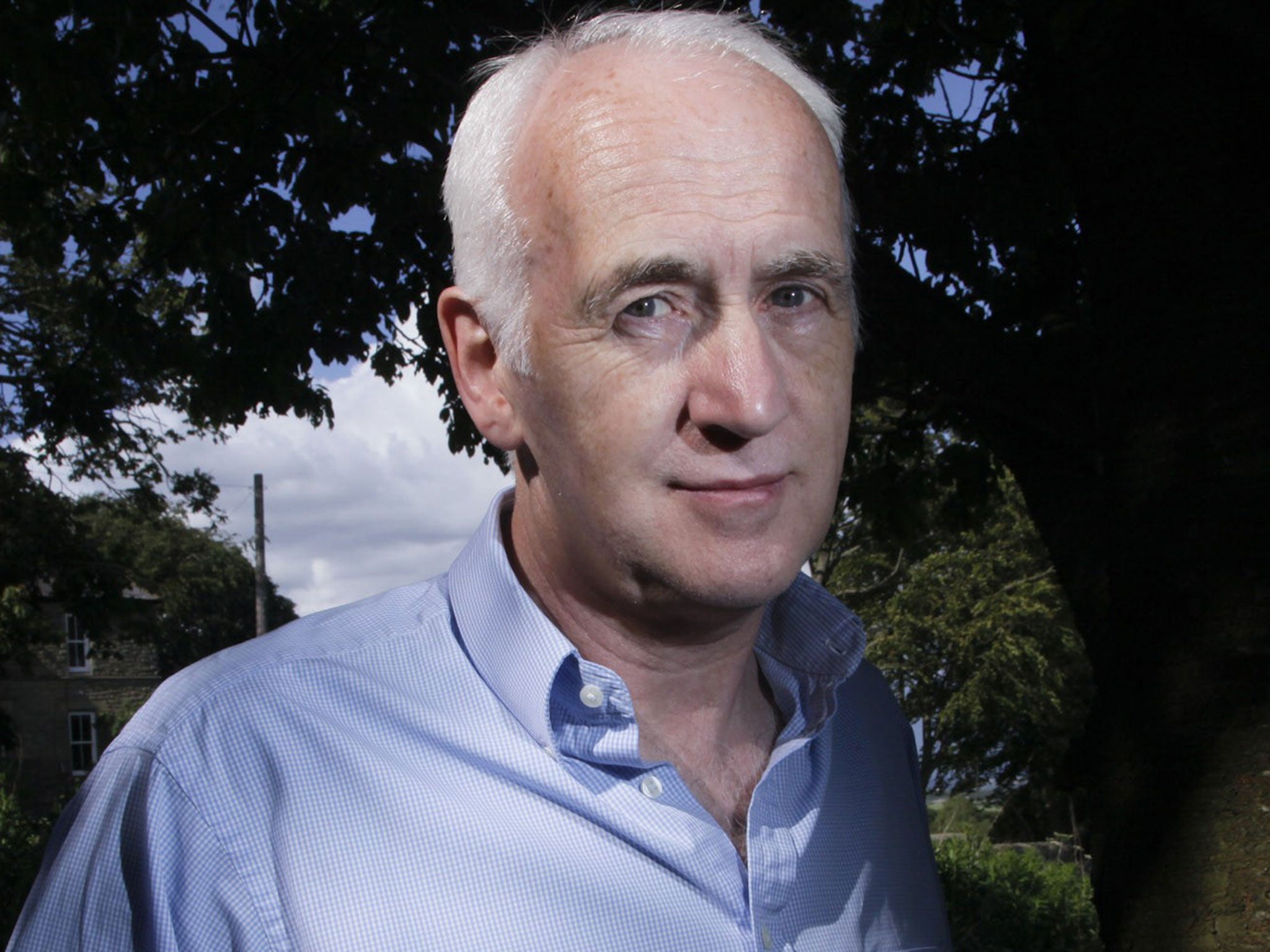Libraries? Horrible Histories author believes they are 'no longer relevant'

Your support helps us to tell the story
From reproductive rights to climate change to Big Tech, The Independent is on the ground when the story is developing. Whether it's investigating the financials of Elon Musk's pro-Trump PAC or producing our latest documentary, 'The A Word', which shines a light on the American women fighting for reproductive rights, we know how important it is to parse out the facts from the messaging.
At such a critical moment in US history, we need reporters on the ground. Your donation allows us to keep sending journalists to speak to both sides of the story.
The Independent is trusted by Americans across the entire political spectrum. And unlike many other quality news outlets, we choose not to lock Americans out of our reporting and analysis with paywalls. We believe quality journalism should be available to everyone, paid for by those who can afford it.
Your support makes all the difference.The writer of the bestselling Horrible Histories series has proclaimed that libraries are “no longer relevant” and “they have to change or they have to go”.
Terry Deary, whose books were the seventh most borrowed from libraries in Britain last year, said he was “not attacking libraries or librarians; that is as popular as clubbing seals. I am asking questions about the abstract ‘concept’ of library service”.
He broke ranks from many fellow authors to say he believes that “no one has an entitlement to read a book for free, at the expense of the author, the publisher and the council tax payer. This is not the Victorian age when libraries were created to allow the impoverished to have access to literature.”
The comments prompted angry mail from library campaigners as well as criticism from fellow children’s authors including David Almond and Alan Gibbons who called the comments “downright irresponsible” and challenged Mr Deary to a public debate.
Mr Deary believes that with the proliferation of mobile devices, children can read the plethora of free books available for e-readers.
“For the children who do not have an e-book reader it would be far more economical use of our council taxes to buy them one than to spend millions on library buildings, staff, book stocks, heading and lighting. I have no wish to deny children the pleasure of reading, but I do wish to change the way children read.”
Mr Deary told The Independent that the authors who had commented were “the ones with small minds to match their small talents. Apparently I’m an irresponsible Philistine. It is for me to challenge the established, failing, unfair, irrelevant established order,” he added. “It needs to be opened up for public debate and the council tax cuts to public services are as good a time as any to raise the subject.”
Mr Gibbons said: “I’m disappointed in the tone of his reply. I hope I responded to his comments by talking about the issues. He’s always been an iconoclast and I have a lot of time for him, but not on libraries.”
Despite the savage cuts in the sector, Mr Gibbons continued that libraries still brought 300m visits last year. “I want to offer a challenge. If Terry wants to debate this I would be delighted to fix it up.”
Mr Dear replied: “As I explained I have a packed writing diary for the next two years. I haven’t the time to expend hot air on a meaningless discussion that would change nothing; nor have I the inclination to discuss a topic that no one really cares about. Teacup, storm.
“Oh and there is the small matter of the offensive personal remarks the Gibbon bloke made about me. Debate with him? In his dreams.”
Book shops are closing because libraries are handing out books for free, he said. “Authors, book-sellers and publishers need to eat and they don’t expect to go to a food library and eat for free.”
He continued: “Books are part of the entertainment industry. This is not the Roman Empire with free bread and circuses to appease the masses. People expect to pay for their entertainment.”
Join our commenting forum
Join thought-provoking conversations, follow other Independent readers and see their replies
Comments